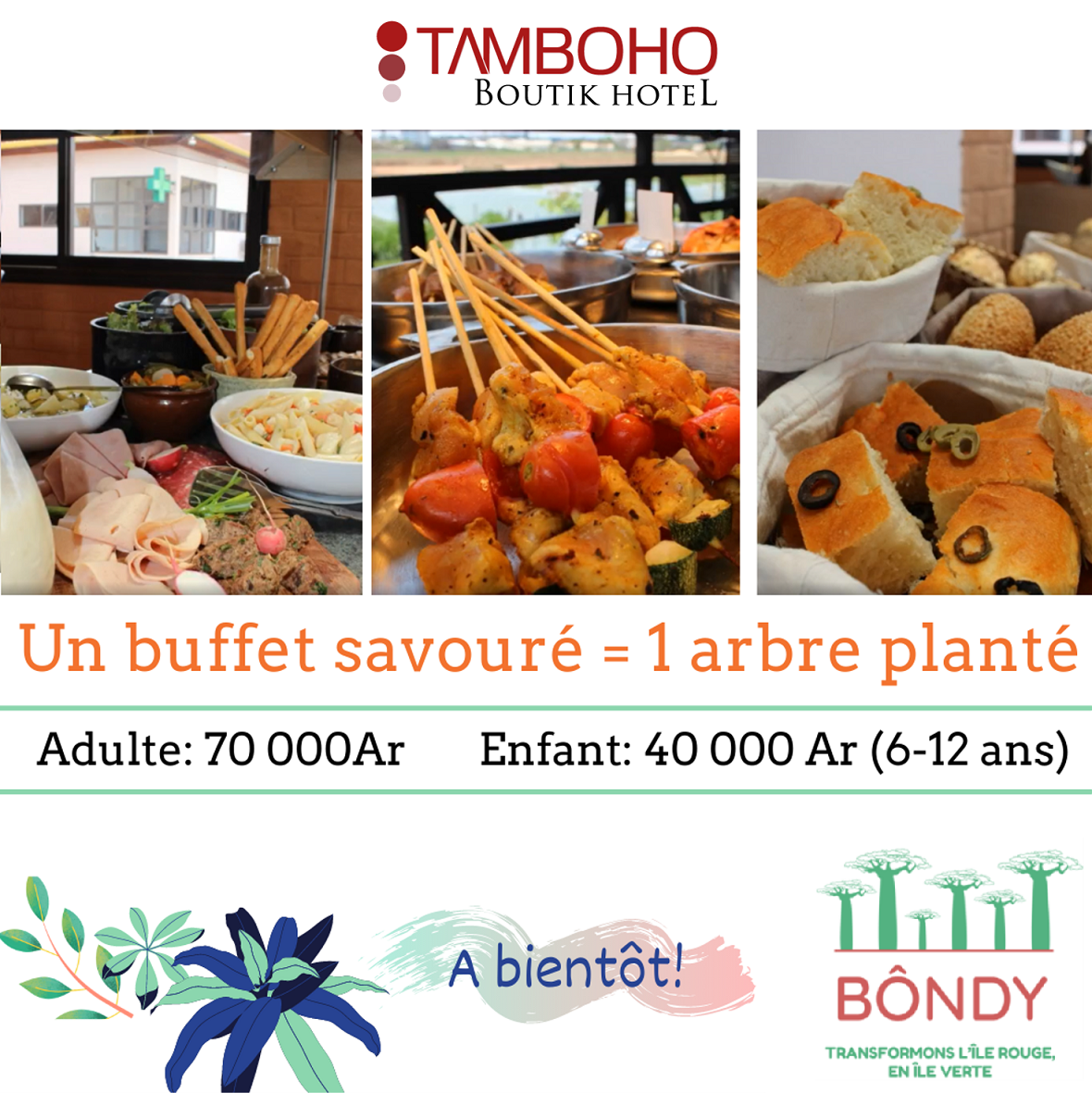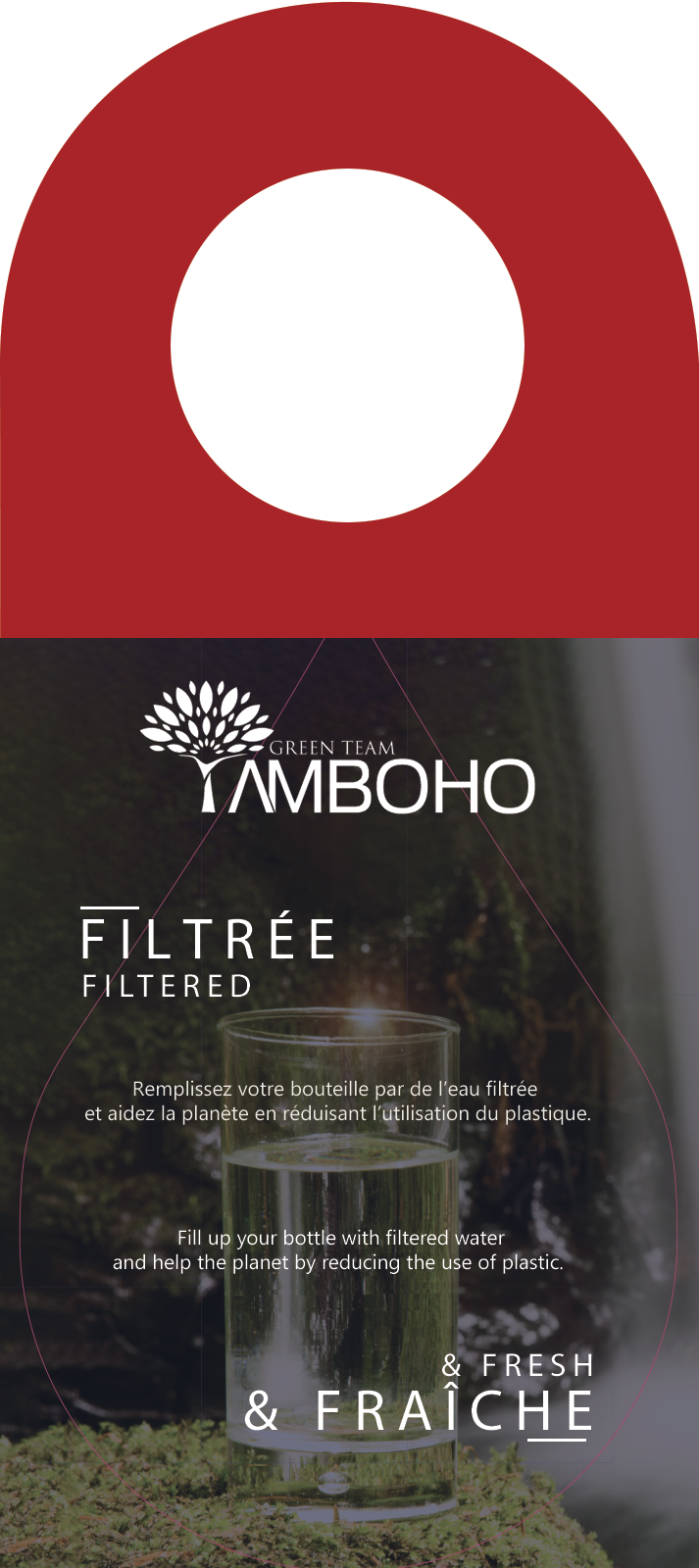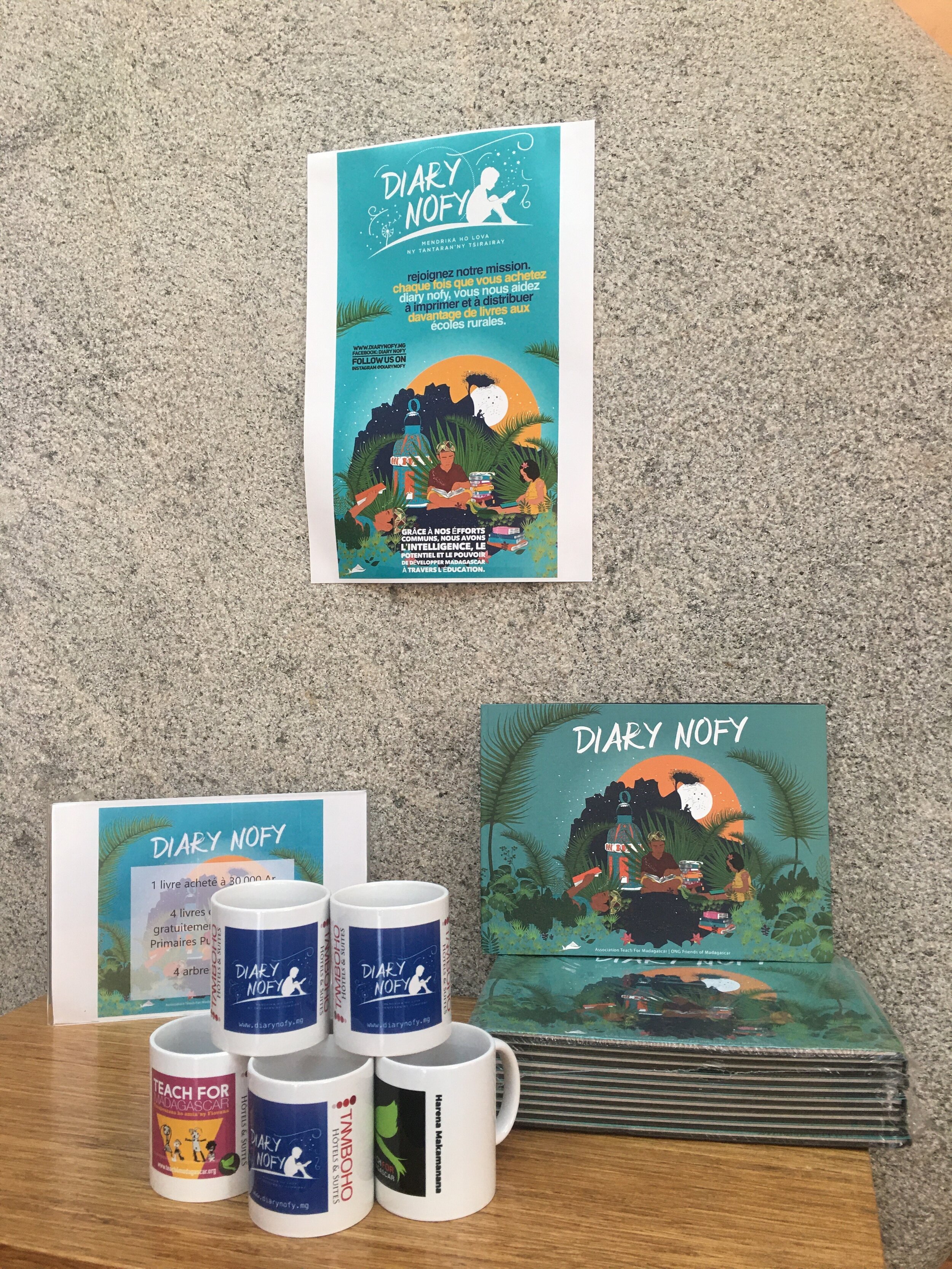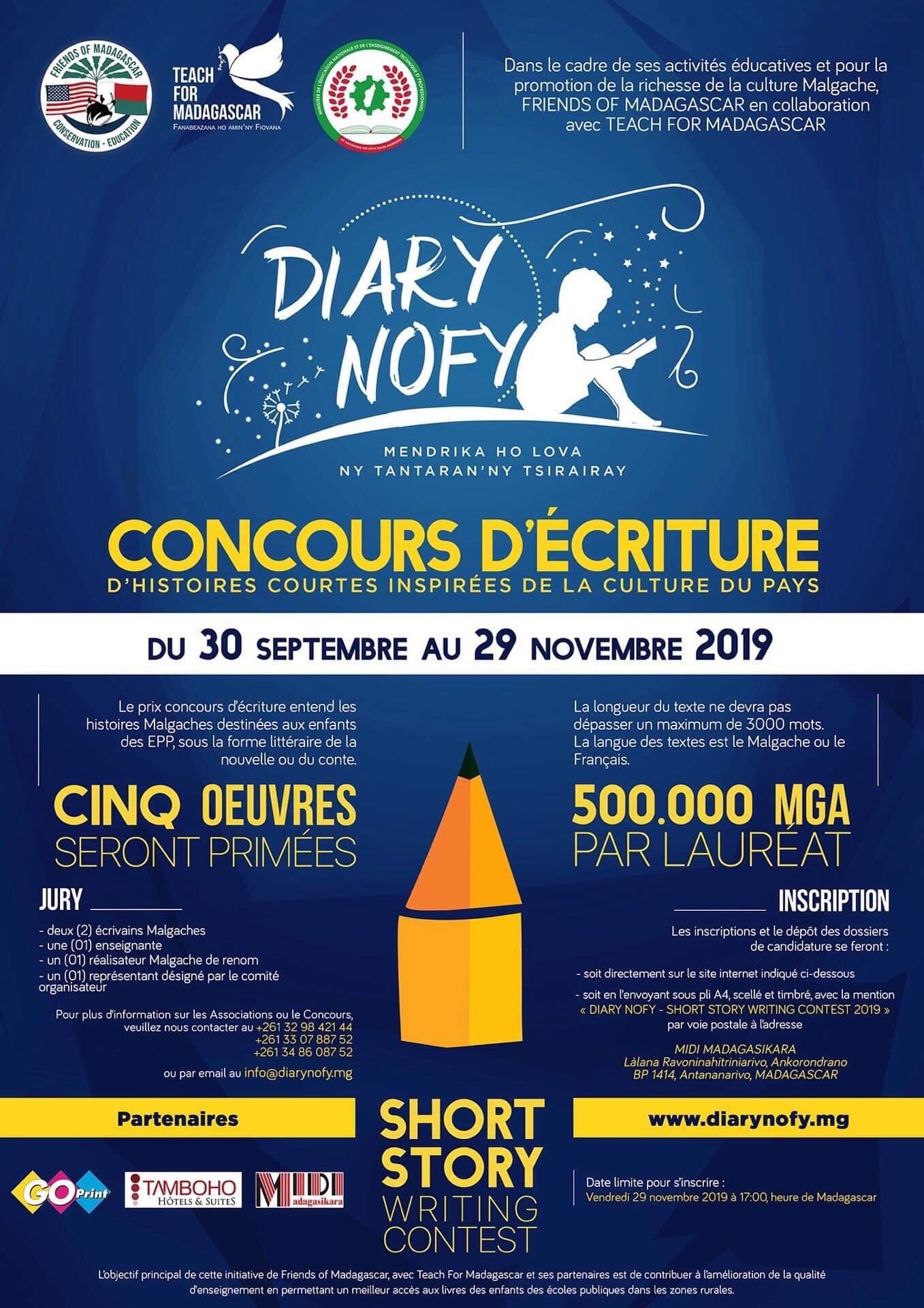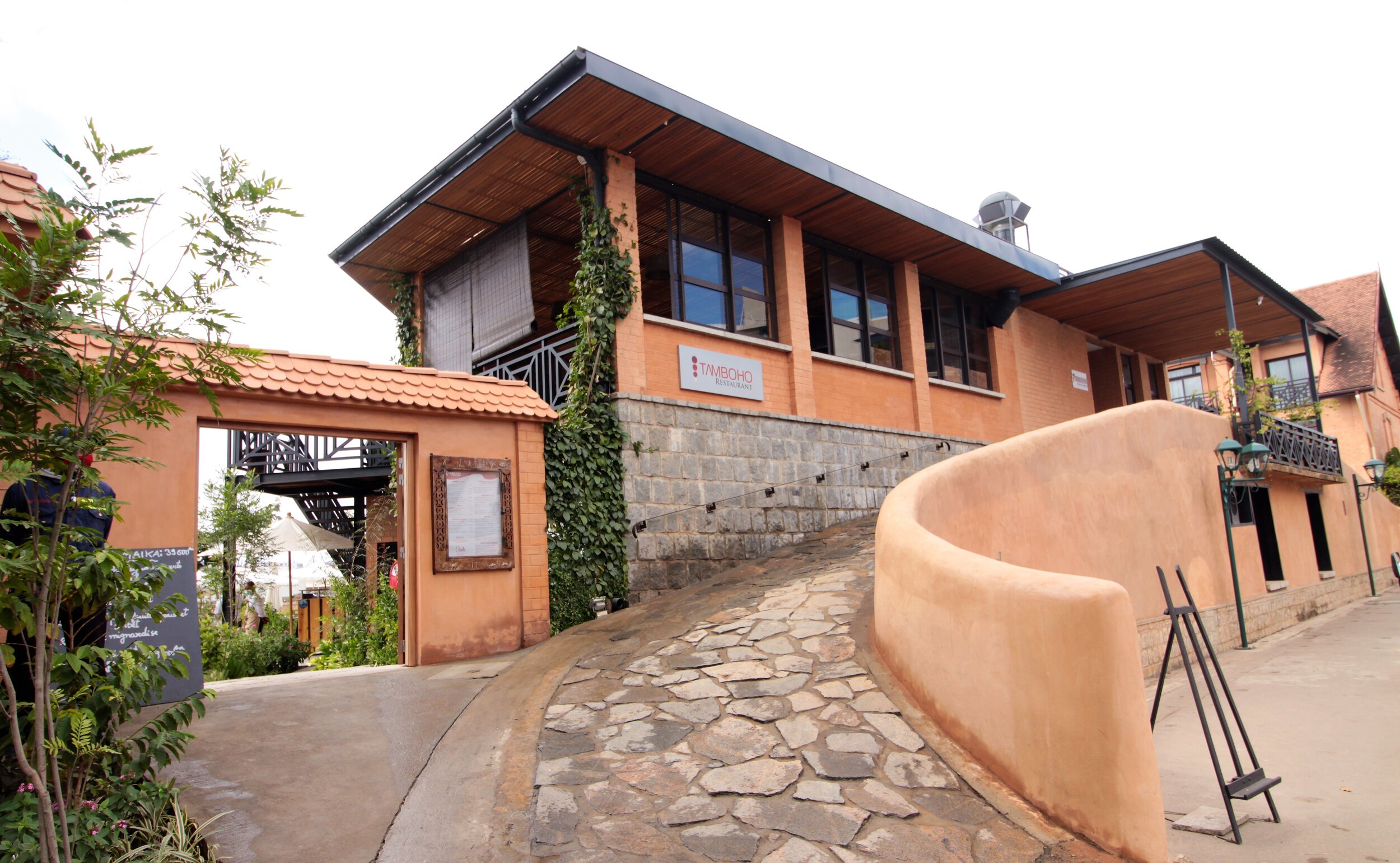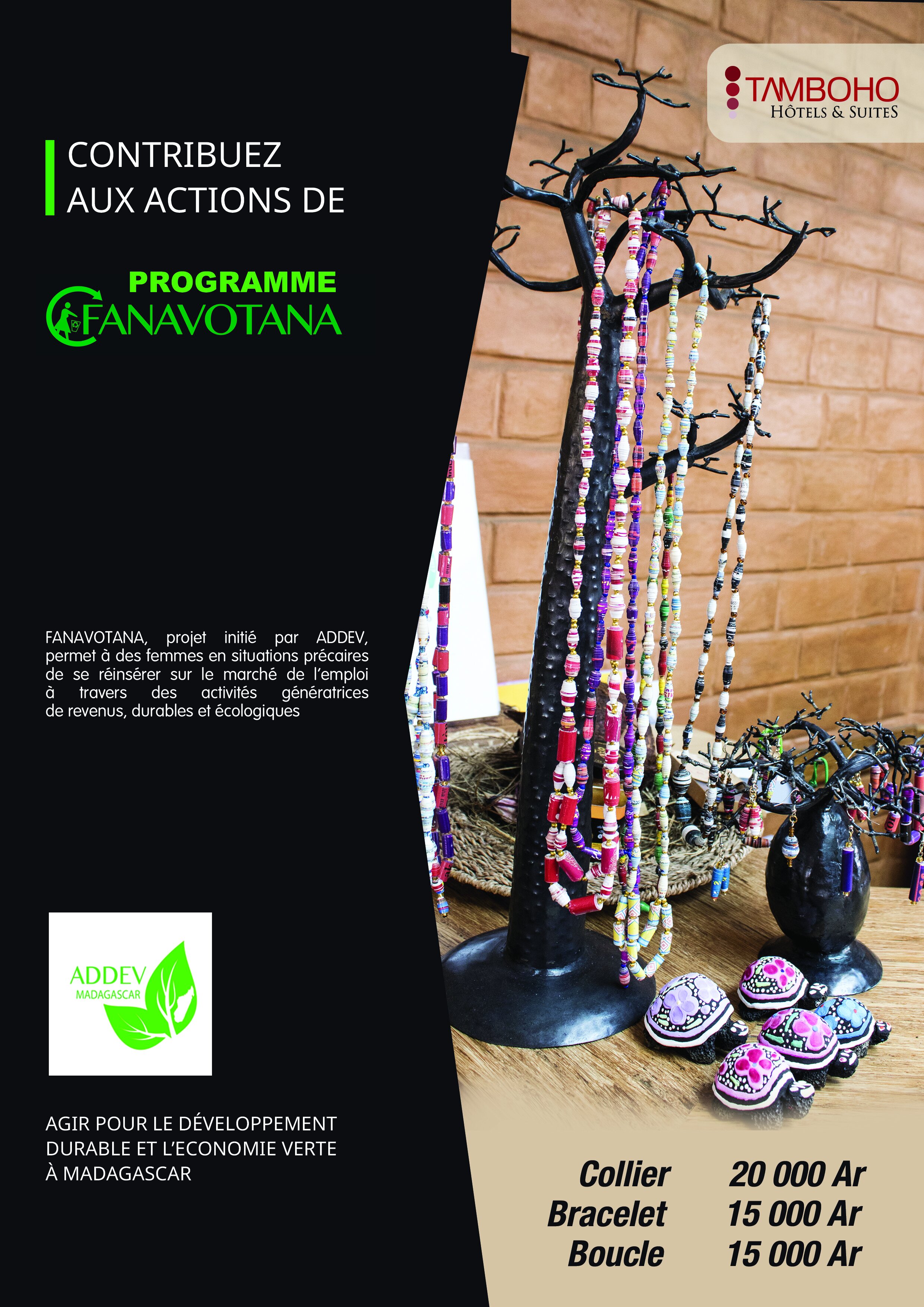WTM Responsible Tourism has opened the nominations for the Responsible Tourism Awards 2021. Until 31 August you can nominate yourself or other tourism businesses, organisations and destinations that are the front-runners in responsible tourism.
Each year, WTM Responsible Tourism, a programme of interviews, panels and debates of the World Travel Market, launches its Responsible Tourism Awards to recognise responsible tourism practices and initiatives that are inspiring others across the travel and tourism industry. The programme was launched to unite travel companies, organisations and individuals interested in spreading sustainable practices and ethical methods.
For the first time in 2021, there will be Global Award winners selected by an international panel of judges drawn from the Gold Award winners from the Regional Awards in Africa, India, Latin America and the Rest of the World. The winners will be announced at WTM London 1-3 Nov 2021.
This year, there are six award categories:
Decarbonising Travel & Tourism
Climate change is with us. It is something we now have to learn to live with. Climate change will have profound consequences for businesses in our sector and people and wildlife in originating markets and destinations. We must also find ways to reduce the amount of carbon that people travelling and on holiday cause to be emitted. We have to change the production and consumption of tourism – travel, accommodation, attractions and activities all need to act to reduce greenhouse gas emissions. Through the Awards we would like to showcase examples of technologies, management systems and ways of changing consumer behaviour that have demonstrably reduced greenhouse gas emissions.
Sustaining Employees and Communities through the Pandemic
We recognise that the pandemic is far from over, and as the World Health Organization rightly reminds us, we are not safe until we are all safe. It will take many more months before travel and holiday volumes recover to whatever the “new normal” will be. We are aware that many businesses and organisations in the travel and tourism sector have worked hard to sustain their employees and the communities in which they operate with really positive impacts around the world. Many of these efforts have involved others in their supply chain and consumers. We would like to recognise and draw attention to those who have successfully helped others, employees and neighbours alike, to weather the storm.
Destinations Building Back Better Post-COVID
In the Awards last year, we saw several destinations which were beginning to rethink the tourist volumes and market segments that they will attract post-Covid and some who were considering demarketing. The apparently inexorable increase in visitor numbers has been halted by the pandemic. Many destinations have had a “breather”. A reminder of what their place was like before the hordes arrived. An opportunity to rethink tourism and perhaps to decide to use tourism rather than be used by it.
Increasing Diversity in Tourism: How inclusive is our industry?
We travel to experience other cultures, communities, and places. If everywhere was the same, why travel? Though we seek diversity through travel, we’ve noticed that diversity is not always reflected in the industry that helps others have such experiences. Diversity is a broad term: “identities include, but are not limited to, ability, age, ethnicity, gender identity and expression, immigration status, intellectual differences, national origin, race, religion, sex, and sexual orientation.” We do not expect to find an organisation that has made demonstrable progress on all of these in the last few years. For our industry, it is about who we employ at various levels, who we market to, the way we present the destinations we sell, the range of experiences we promote, and the stories we tell.
Reducing Plastic Waste in the Environment
The Covid-19 pandemic has dramatically increased the amount of single-use plastic, adding to the plastic waste crisis. Plastic waste is now entering the food chain of other species as well as ours. Once plastic enters watercourses, it ends in gyros of garbage in the oceans, on beaches and in the stomachs of fish we then eat. The industry needs to do more to reduce its use of single-use plastics and take responsibility and work with local communities and their governments to capture waste plastic with nets and floating barriers and upcycle it for as cobbles, furniture and crafts.
Growing the Local Economic Benefit
There is still a place for CSR1.0 and philanthropy, as is evident from last year’s Sustaining Employees and Communities through the Pandemic category. However, by adapting the way they do business, accommodation providers and tour operators can create additional market opportunities for local communities in their supply chains and create opportunities to sell goods and services directly to tourists. This diversifies the local economy and enriches the destination in both senses, creating additional livelihoods for locals and a richer range of activities, food and drink, and craft and art products for tourists. Destinations can assist these changes by, amongst other things, providing micro-finance, training and mentoring, creating marketplaces and performance spaces and providing marketing assistance.
If you are a tourism establishment with activities or projects that fit in one of the categories above, or if you know of a tourism establishment that deserves the prestigious award, ENTER the awards or NOMINATE a business, organisation or destination.
For more information about the Global Responsible Tourism Awards please visit: https://www.wtm.com/responsible-tourism/en-gb/awards.html




